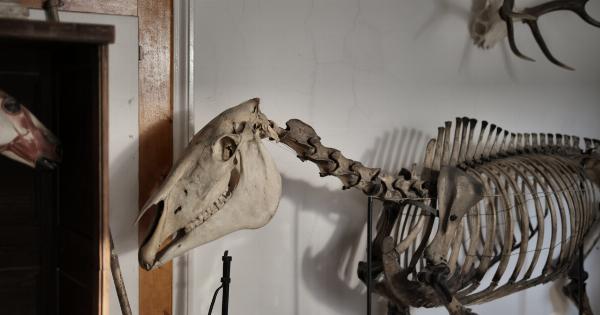While pimples are commonly associated with the face, they can also occur on other parts of the body, including the penis. Pimples on the penis can cause discomfort, worry, and even embarrassment.
Understanding the causes, treatment options, and prevention strategies for penile pimples is crucial for maintaining good penile health. In this article, we will delve into the topic of battling pimples on your penis and provide you with the information you need to know.
What Causes Pimples on the Penis?
Pimples on the penis can have various underlying causes. Some of the common culprits include:.
- Folliculitis – This occurs when hair follicles become inflamed or infected, leading to the development of pimples.
- Sebaceous cysts – These are small, noncancerous bumps that can form when oil glands become blocked.
- Genital herpes – This sexually transmitted infection can cause clusters of painful blisters or pimples on the penis.
- Genital warts – Caused by the human papillomavirus (HPV), genital warts appear as small, flesh-colored bumps on the penis.
- Ingrown hairs – When hairs on the penis curl and grow back into the skin, they can lead to the formation of painful pimples.
Treatment Options for Penile Pimples
The treatment for pimples on the penis depends on their underlying cause. Here are some common treatment options:.
- Good hygiene – Keeping the genital area clean, dry, and free from excess oil can help prevent and manage penile pimples.
- Topical creams or ointments – Over-the-counter or prescription creams containing benzoyl peroxide, antibiotics, or antiviral medications can be used to treat penile pimples.
- Warm compress – Applying a warm compress to the affected area can help reduce inflammation and promote healing.
- Lifestyle changes – Making certain lifestyle changes, such as wearing loose-fitting underwear, avoiding harsh soaps or detergents, and practicing safe sex, can help prevent recurrent pimples on the penis.
- Medical intervention – In cases of severe or persistent penile pimples, a healthcare professional may recommend more invasive treatments, such as draining the pimple or prescribing oral medications.
Preventing Pimples on the Penis
While it’s not always possible to completely prevent pimples on the penis, following these preventive measures can help reduce the risk:.
- Maintain good hygiene – Regularly wash the genital area with mild soap and lukewarm water.
- Avoid squeezing or picking – Refrain from squeezing or picking at pimples on the penis, as this can lead to infection or scarring.
- Practice safe sex – Use condoms and practice safe sex to reduce the risk of sexually transmitted infections that can cause penile pimples.
- Avoid harsh chemicals – Steer clear of harsh soaps, detergents, or other products that may irritate the delicate skin of the penis.
- Don’t share personal items – Avoid sharing towels, razors, or other personal items to prevent the spread of bacteria or infections.
- Stay hydrated and eat a balanced diet – Proper hydration and a healthy diet promote overall skin health and can help reduce the occurrence of pimples.
When to Seek Medical Attention
While most penile pimples are harmless and resolve on their own with proper care, it’s essential to know when it’s time to seek professional medical attention. Consult a healthcare provider if:.
- The pimples on your penis are extremely painful or repeatedly recur
- You experience other symptoms such as fever, unusual discharge, or swelling
- The pimples are rapidly spreading or getting worse despite home care
- You suspect a sexually transmitted infection
Remember, a healthcare professional can provide a proper diagnosis and recommend appropriate treatment if necessary.
Conclusion
Dealing with pimples on the penis can be uncomfortable and distressing, but with the right knowledge and proactive measures, you can effectively battle them.
Take care of your penile health by practicing good hygiene, seeking appropriate treatment when needed, and taking preventive measures to minimize the risk of developing pimples on the penis. Remember, understanding your body and seeking timely medical attention when necessary are vital for maintaining overall penile health.


























